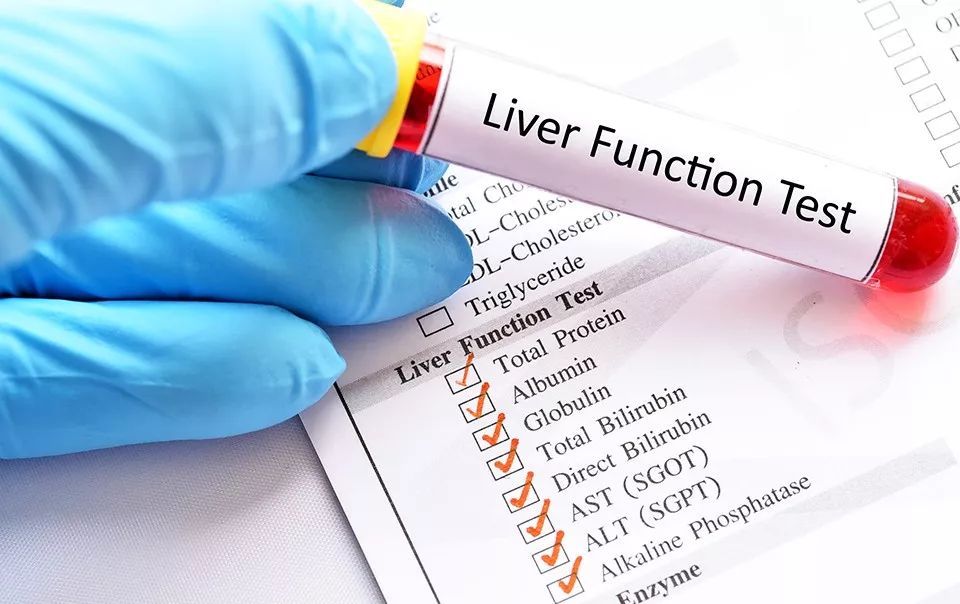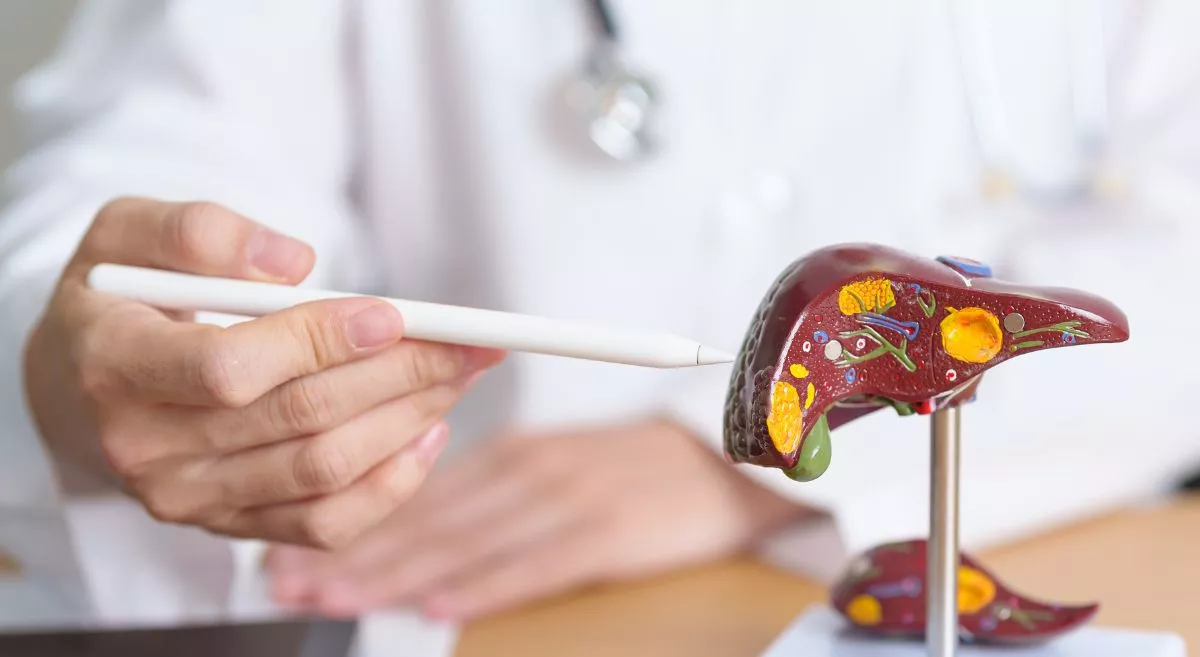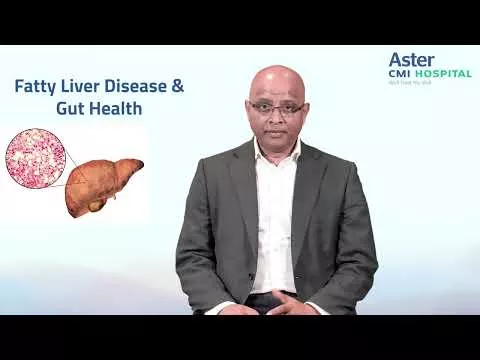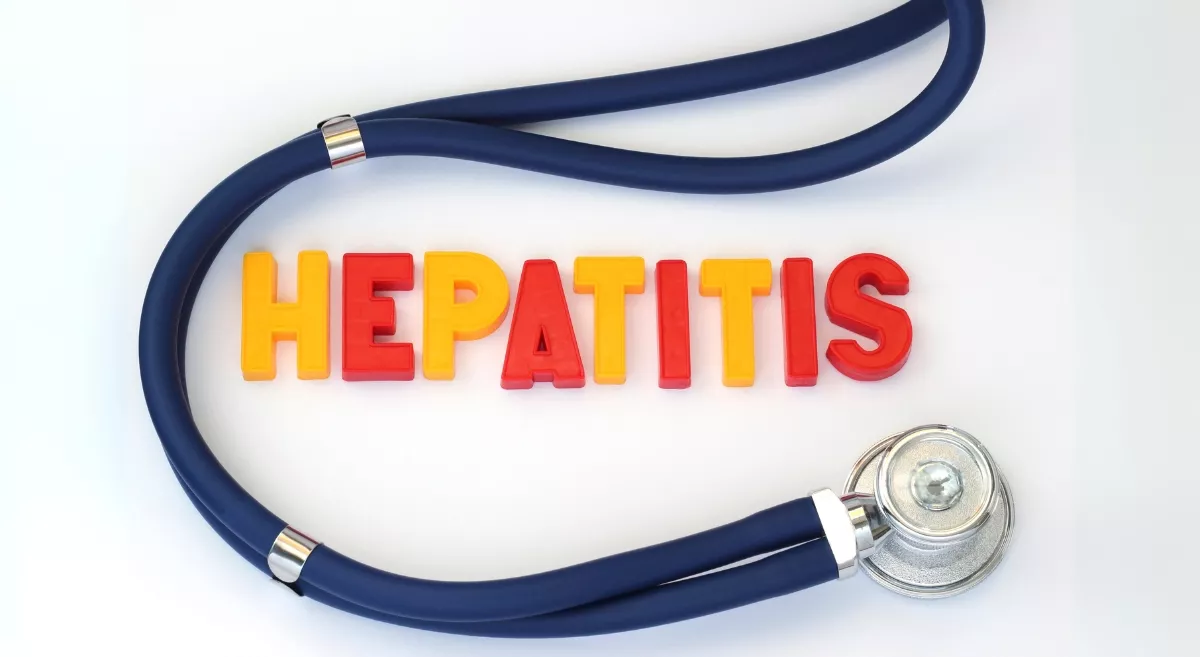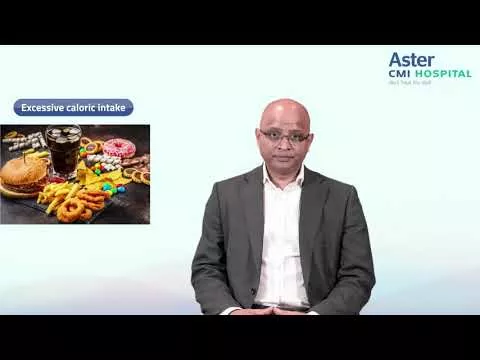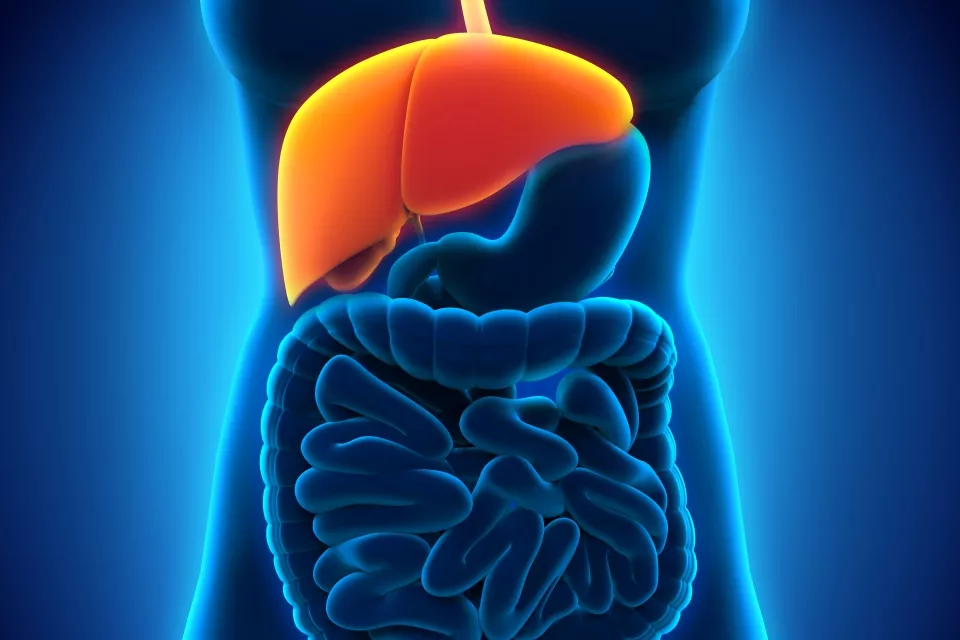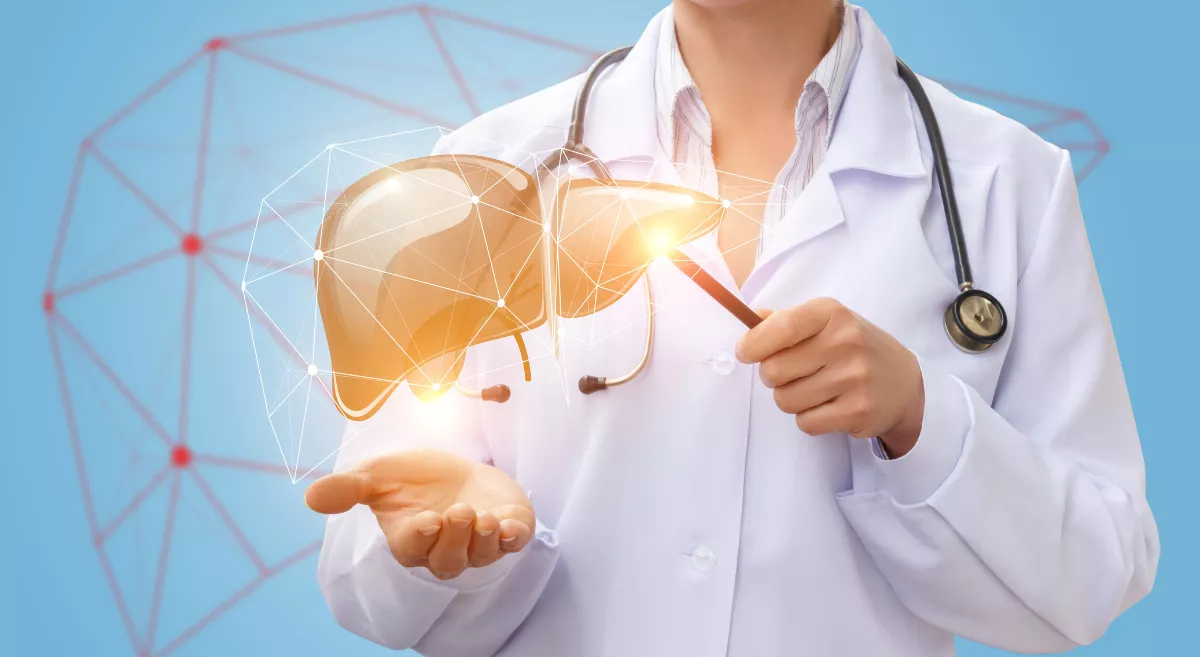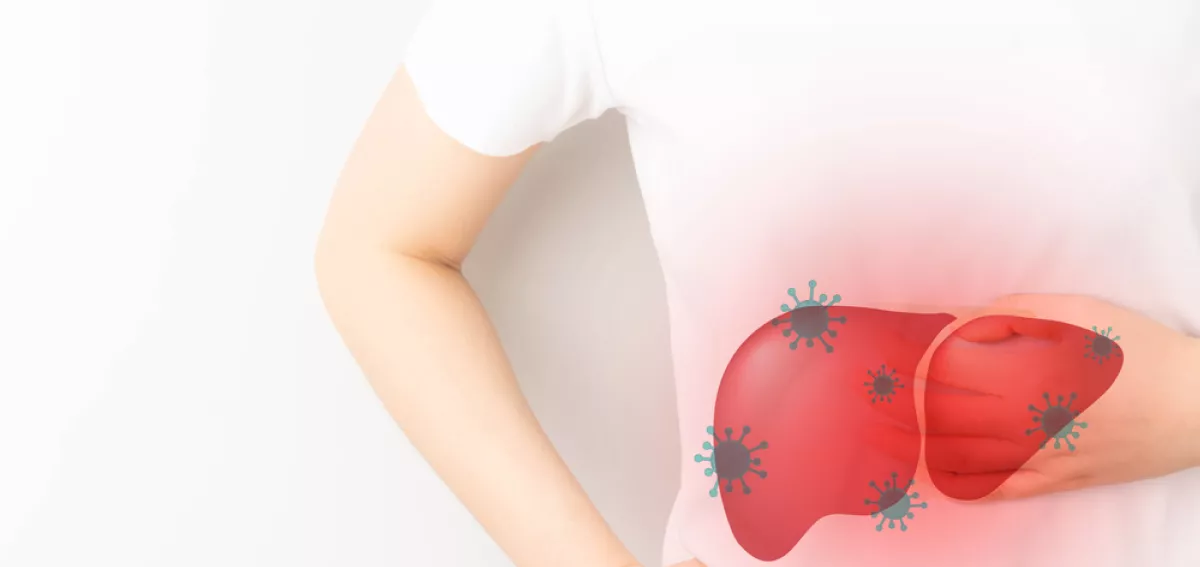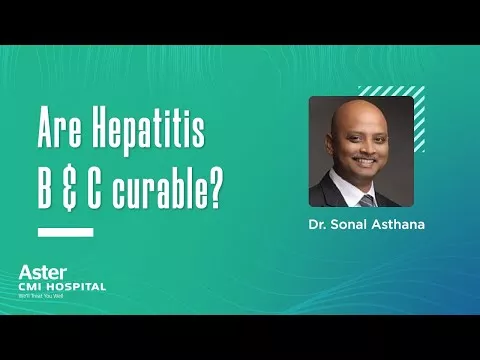Introduction:
World Liver Day, observed annually on April 19th, aims to raise awareness about liver health and the importance of preventing liver diseases. The liver is a vital organ responsible for numerous essential functions in the body, including detoxification, metabolism, and nutrient storage. However, various factors such as poor diet, alcohol consumption, viral infections, and obesity can damage the liver and lead to serious health problems. This blog provides valuable insights and practical tips to help you keep your liver healthy and disease-free.
Understanding Liver Health:
The liver plays a crucial role in maintaining overall health and well-being. Some key functions of the liver include:
1. Detoxification: The liver helps remove toxins and waste products from the bloodstream, ensuring the body remains clean and healthy.
2. Metabolism: The liver metabolizes nutrients from food, regulates blood sugar levels, and produces essential proteins.
3. Storage: The liver stores vitamins, minerals, and glycogen, providing the body with a readily available source of energy when needed.
Common Liver Diseases:
Several liver diseases can affect liver health, including:
1. Hepatitis: Viral hepatitis, including hepatitis B and hepatitis C, can cause inflammation and damage to the liver.
2. Fatty Liver Disease: Non-alcoholic fatty liver disease (NAFLD) and alcoholic liver disease (ALD) are characterized by the accumulation of fat in the liver, which can lead to inflammation and scarring.
3. Cirrhosis: Cirrhosis is a late stage of scarring (fibrosis) of the liver caused by many forms of liver diseases and conditions, such as hepatitis and chronic alcoholism.
4. Liver Cancer: Liver cancer can develop as a primary cancer originating in the liver or as a secondary cancer spreading from other parts of the body.
Tips for Maintaining Liver Health:
1. Eat a Balanced Diet: Consume a diet rich in fruits, vegetables, whole grains, lean proteins, and healthy fats to support liver function and overall health. Limit processed foods, sugary snacks, and excessive salt intake.
2. Limit Alcohol Consumption: Excessive alcohol consumption can damage the liver and increase the risk of liver disease. Limit alcohol intake to moderate levels or abstain from alcohol altogether.
3. Stay Hydrated: Drink plenty of water throughout the day to help flush toxins from the body and keep the liver hydrated.
4. Exercise Regularly: Engage in regular physical activity to maintain a healthy weight, improve metabolism, and reduce the risk of fatty liver disease.
5. Avoid Smoking: Smoking can harm liver health and increase the risk of liver cancer. Quit smoking to protect your liver and overall health.
6. Practice Safe Sex: Practice safe sex to reduce the risk of contracting viral hepatitis, a common cause of liver disease.
7. Get Vaccinated: Vaccinations are available for hepatitis A and hepatitis B. Ensure you and your family members are up-to-date with recommended vaccinations to protect against viral hepatitis.
8. Limit Medication Use: Avoid unnecessary medications and use prescription and over-the-counter medications only as directed by a healthcare professional. Some medications can be harmful to the liver in high doses or with prolonged use.
Conclusion:
On this World Liver Day, let us commit to prioritizing liver health and taking proactive steps to keep our livers healthy and disease-free. By adopting a healthy lifestyle, making informed choices, and seeking regular medical check-ups, we can protect our liver and enjoy a lifetime of optimal health and well-being.





